US economy in ‘freefall’, stocks will keep dropping over corona crisis: Analyst
The US stock market, which began to crash in February over the coronavirus pandemic, will continue to decline and the US economy will endure a long recession, an American author and political analyst says.
“The stock market is going to continue to ebb down words; there may be days it goes up, but I think the trend is going to be down. The economy is basically in freefall at this point,” said Daniel Kovalik, an academic at the University of Pittsburgh.
“We're in for a very long recession, if not even a depression,” Kovalik told Press TV on Tuesday.
Wall Street stocks tumbled for a second straight session Tuesday as worries about chaos in the oil market overshadowed progress in Washington on additional relief for small businesses.
Major US stock indexes were down about 2% in early trading Tuesday. The selling was widespread across industries, and 96% of the stocks in the S&P 500 index fell. In another sign investors were feeling nervous, prices for US government bonds rose again, sending yields lower.
The extreme volatility in energy markets highlights investors' worries about the duration of the coronavirus outbreak and its impact on the economy. That is in turn weighing on financial markets more broadly, including stocks.
Stocks did not get a boost from a deal between US lawmakers and the White House on a $480 billion emergency package that replenishes a depleted program to help small businesses devastated by the coronavirus crisis.
Last week, 5.2 million Americans filed unemployment claims, bringing the total to 22 million in the four weeks since President Trump declared a national emergency. The United States has not seen this level of job loss since the Great Depression.
“The stock market, first of all, is not a good measure of the economy. Most people don't invest in the stock market. It is, for the most part, a rich person's gain,” Kovalik said.
“That isn't a measure of how good the economy's doing. There's always an opportunity for the wealthy to get wealthier, and that's going to happen,” he added.
“The bail out that was passed recently, this so-called stimulus package, was really for the most part a stimulus package for the wealthy and it's not going to translate very well downward to working class people.”
Pentagon funnels billions to Boeing for Israeli F-15s amid Gaza genocide
Report: Trump frustrated with Netanyahu but avoids public spat
VIDEO | Iran holds intl. event to mark 6th martyrdom anniversary of General Soleimani
Iran condemns Trump’s ‘grave and explicit’ threats, urges UN action
Israel bans over 30 aid groups in Gaza under new registration rules
VIDEO | Sudanese refugees build new life in Ethiopia
The Year That Was: Pro-Palestine campaigns that disrupted US-Israeli war machine in 2025
‘You may be surprised’: Iran’s top legislator warns enemies about scope of future defensive measures









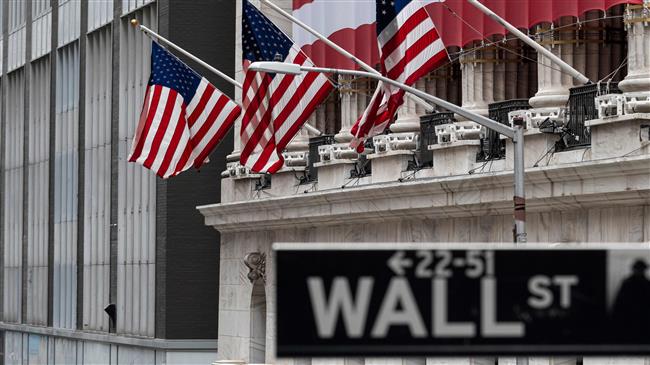
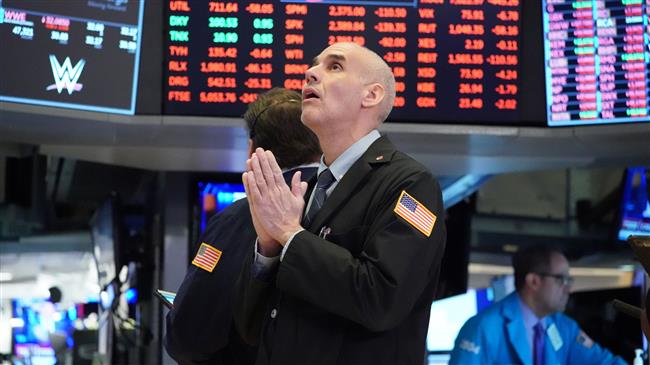
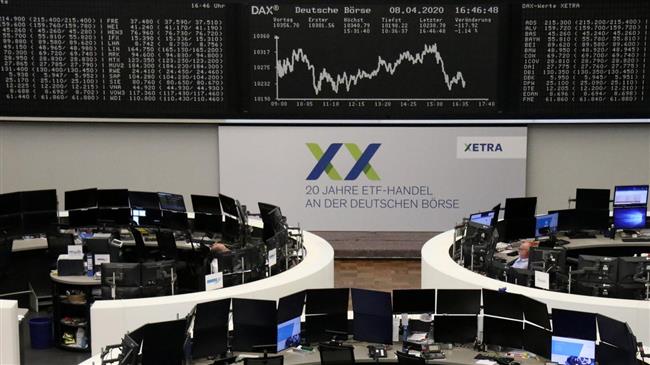
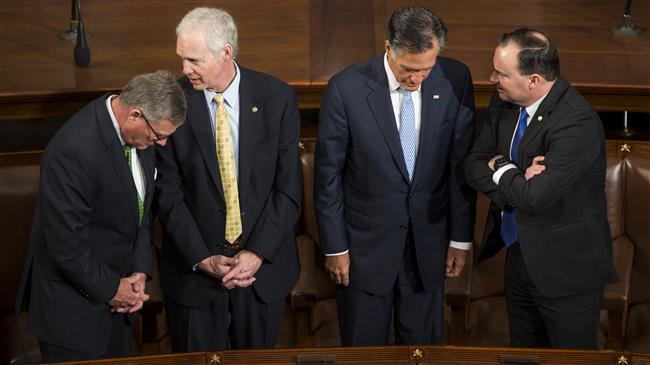
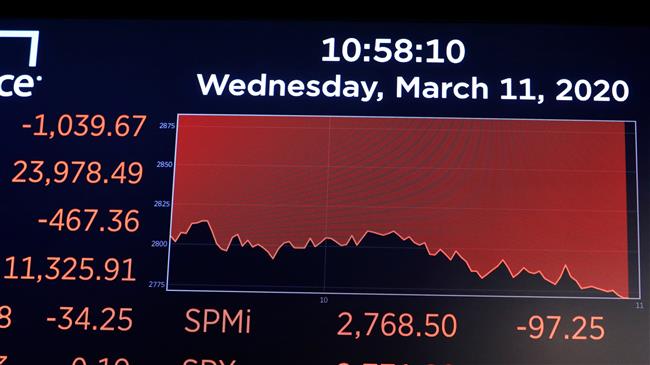
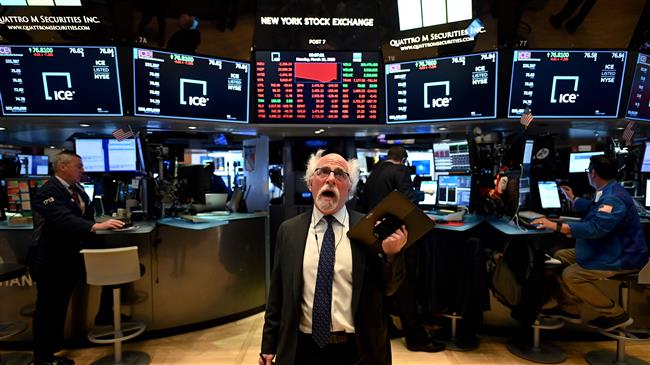
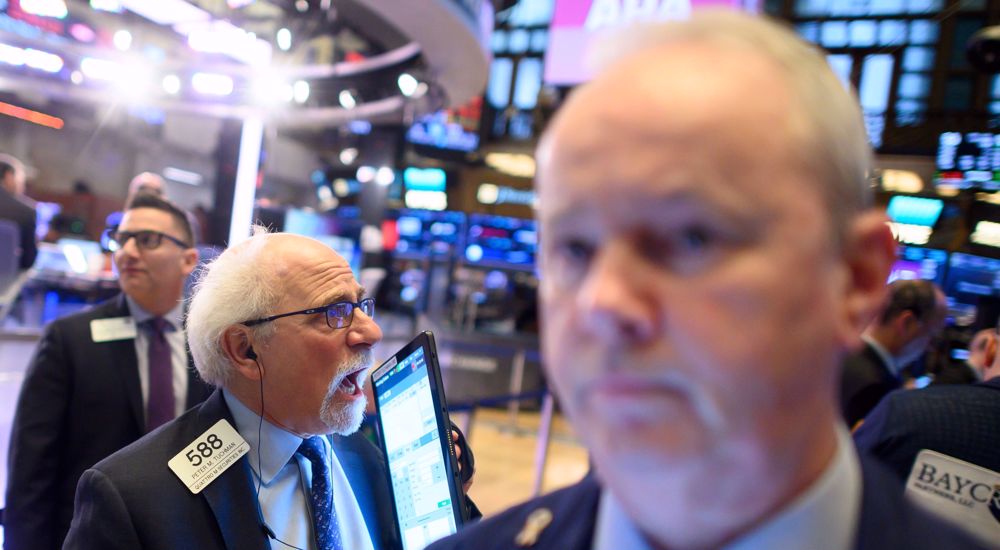
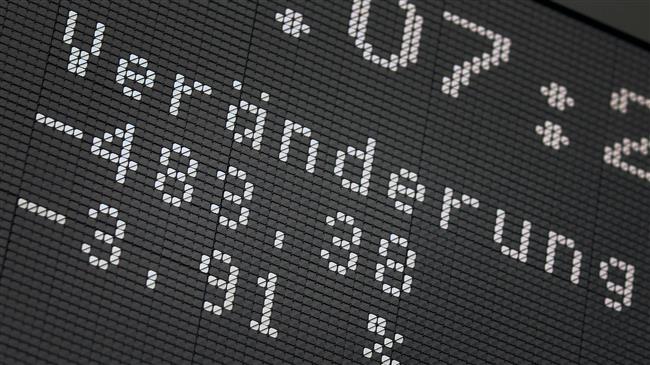
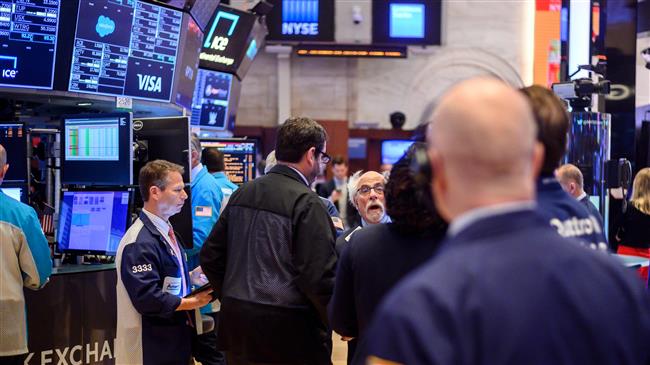
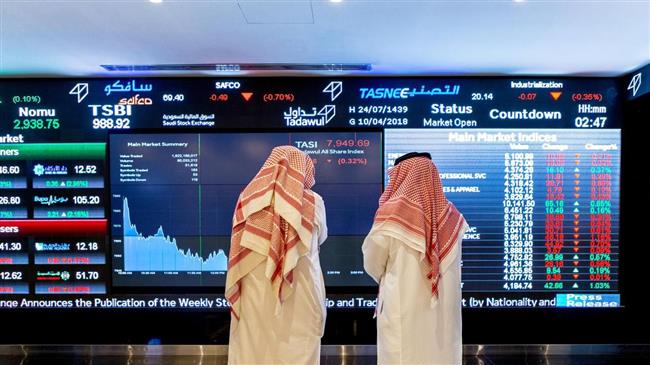

 This makes it easy to access the Press TV website
This makes it easy to access the Press TV website